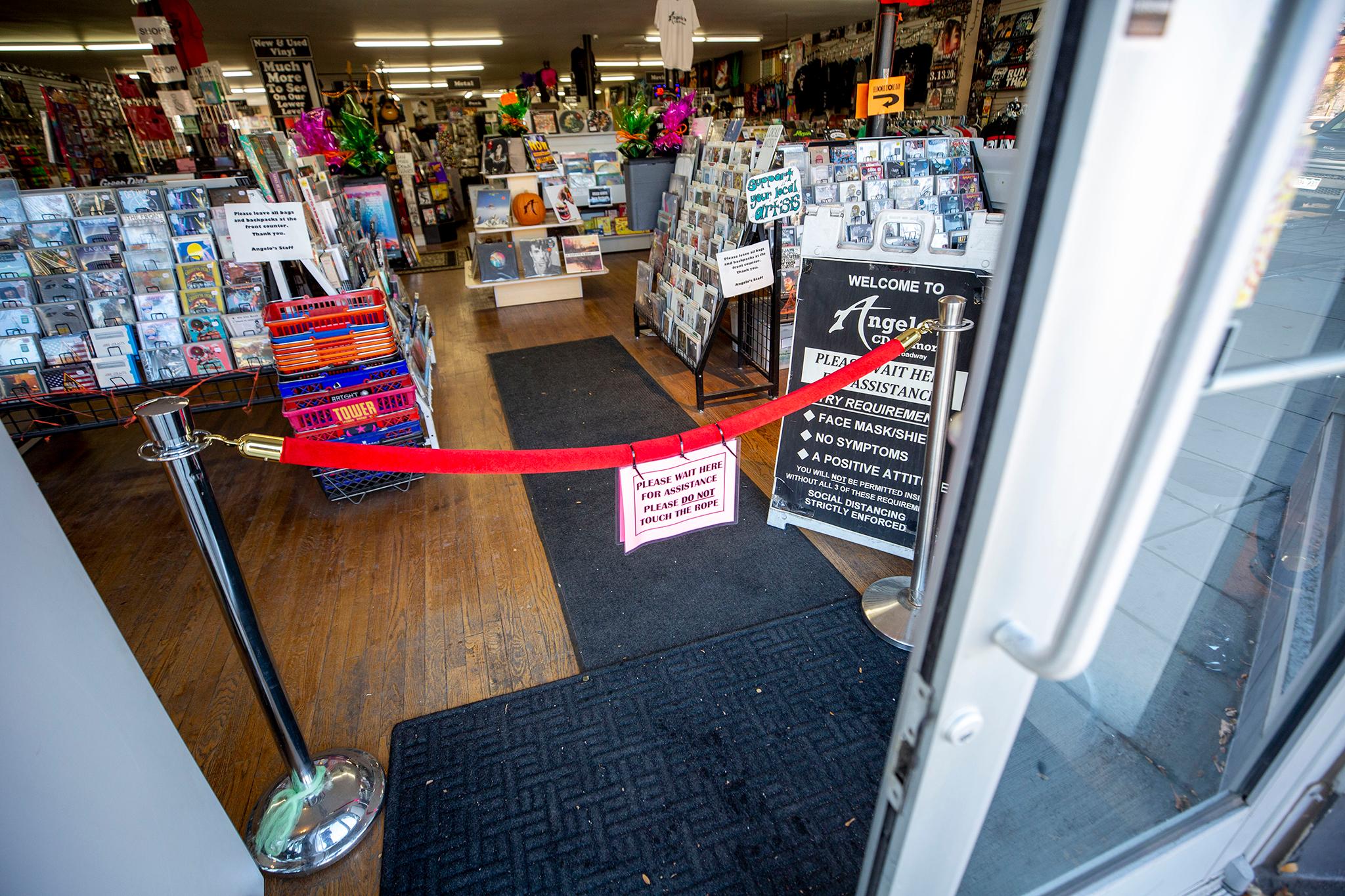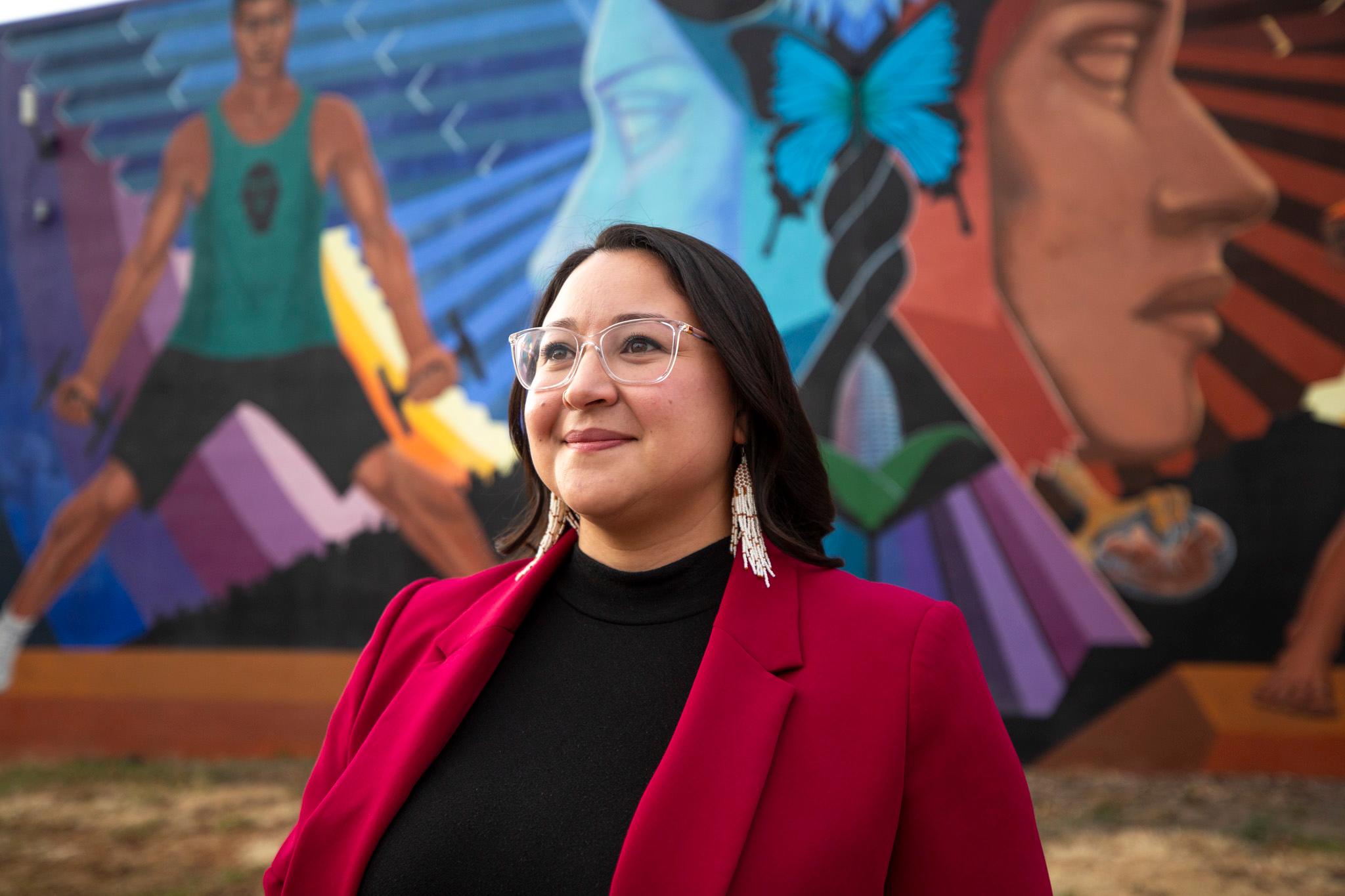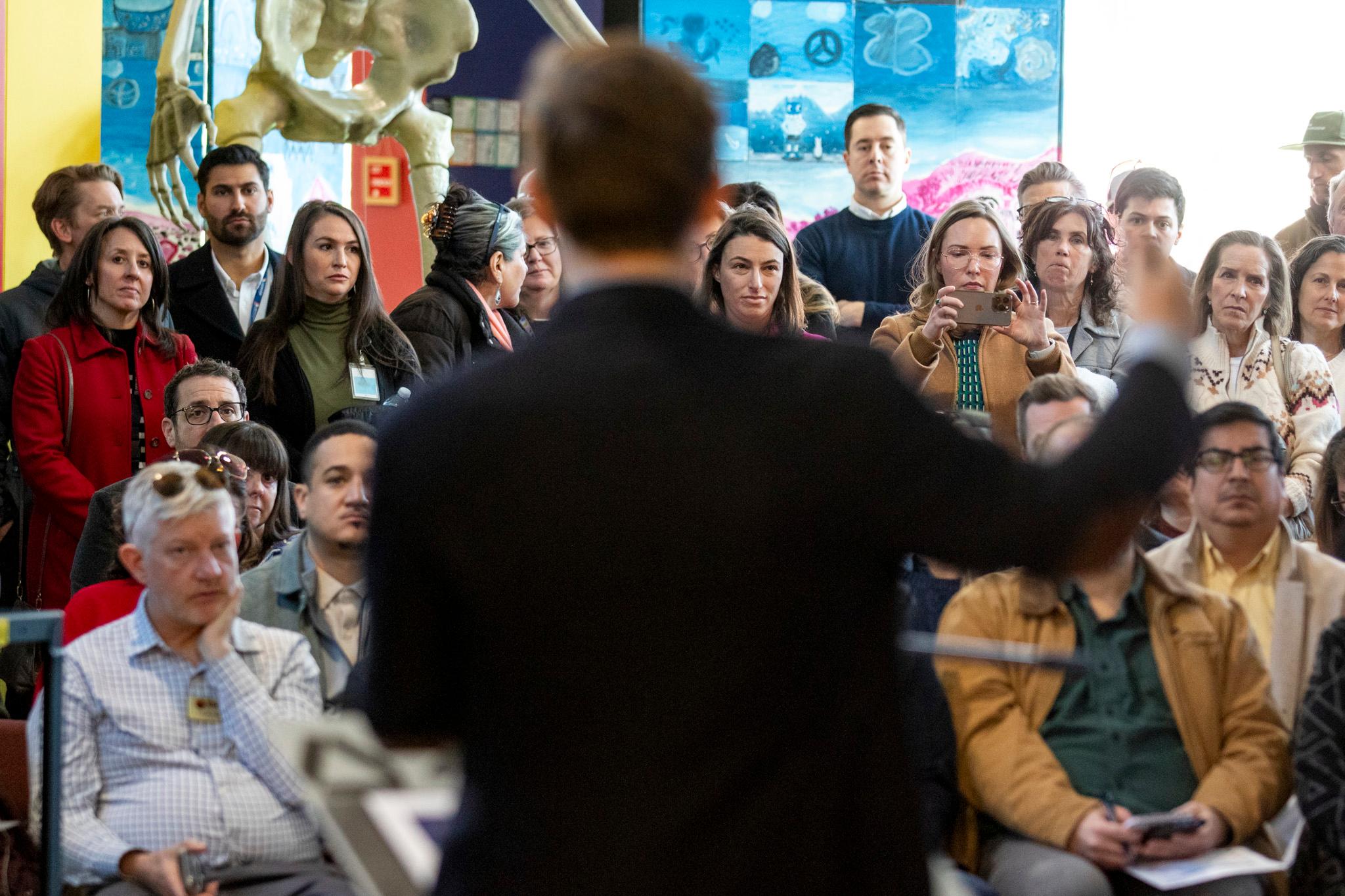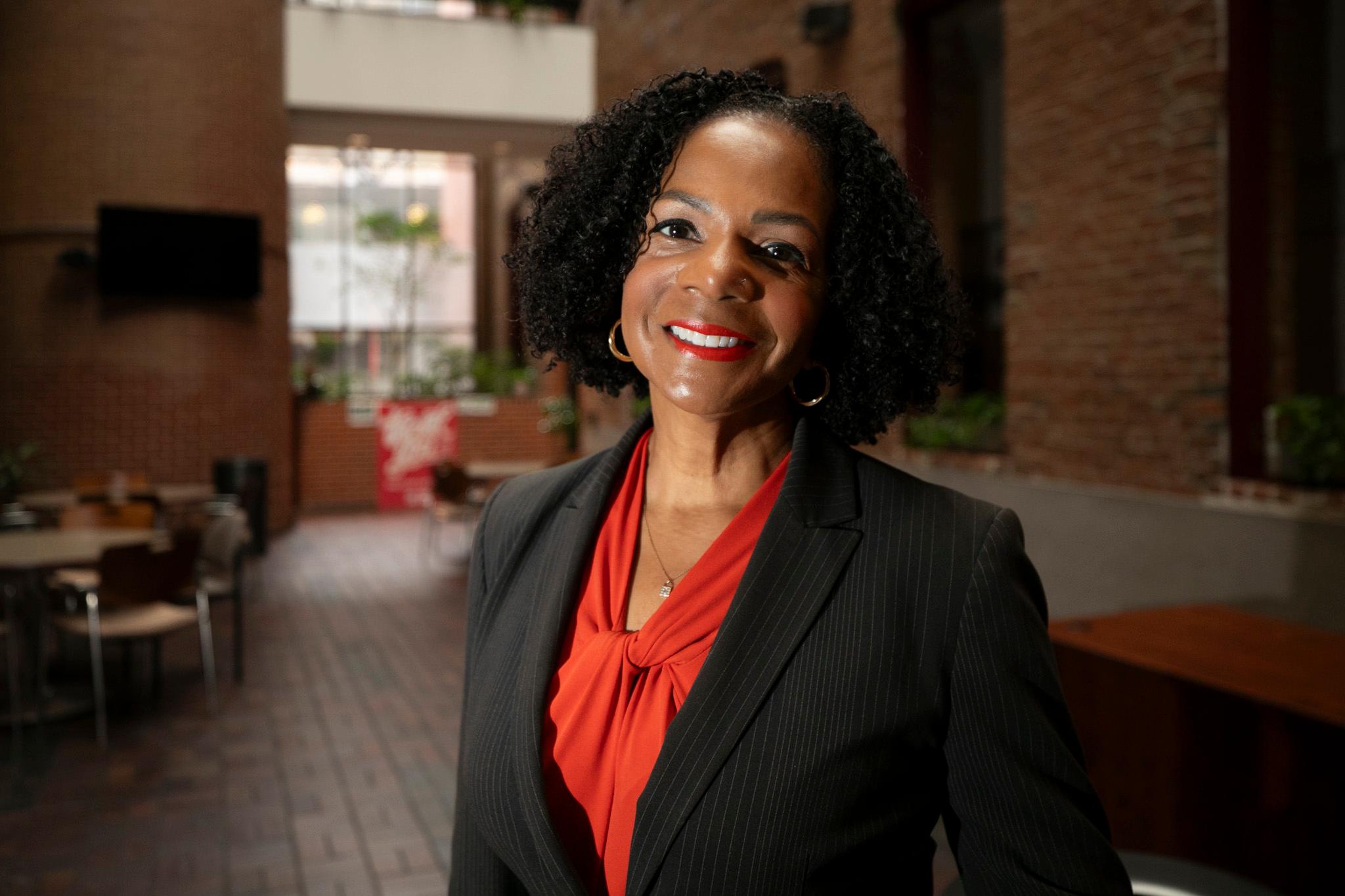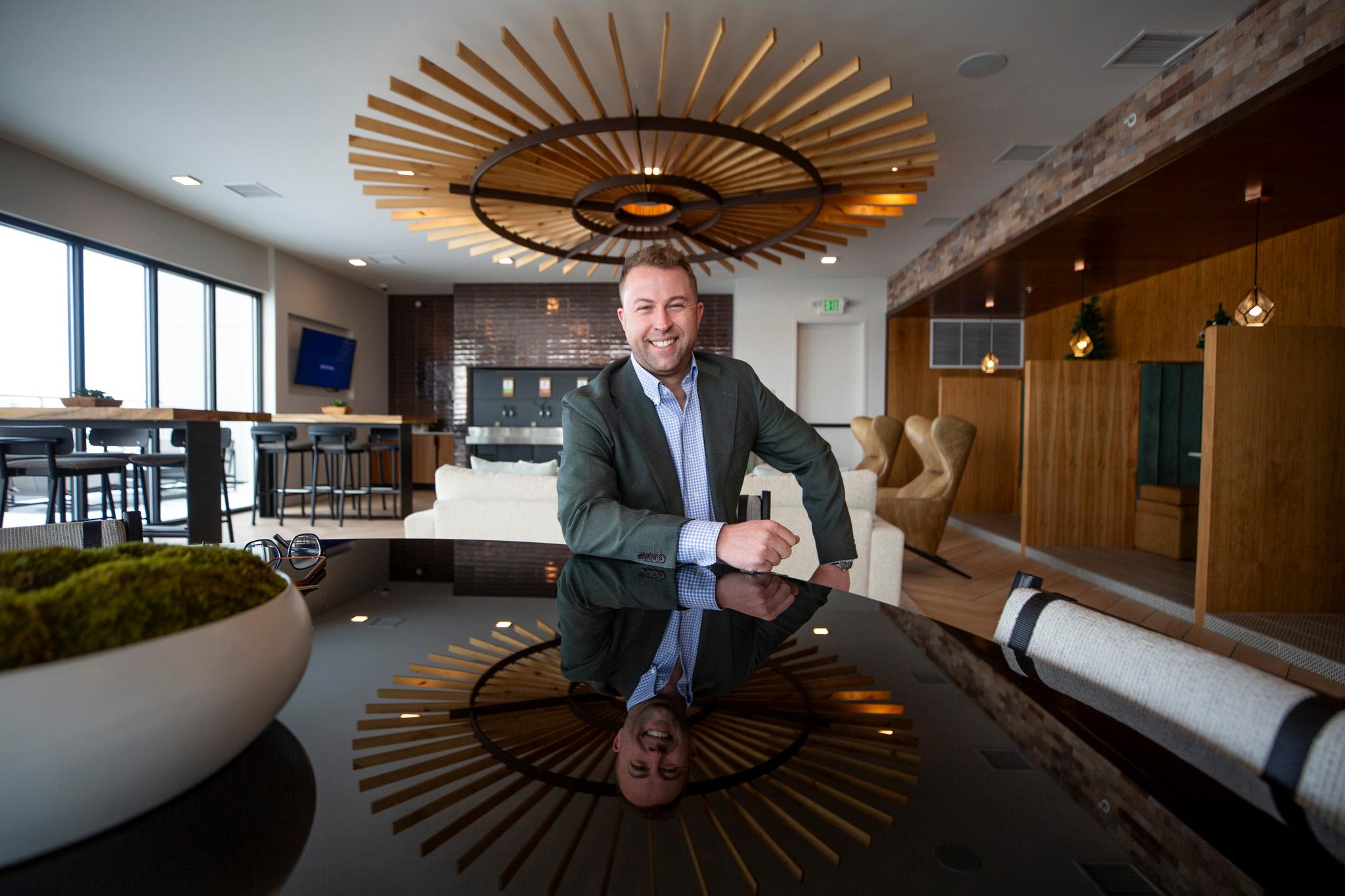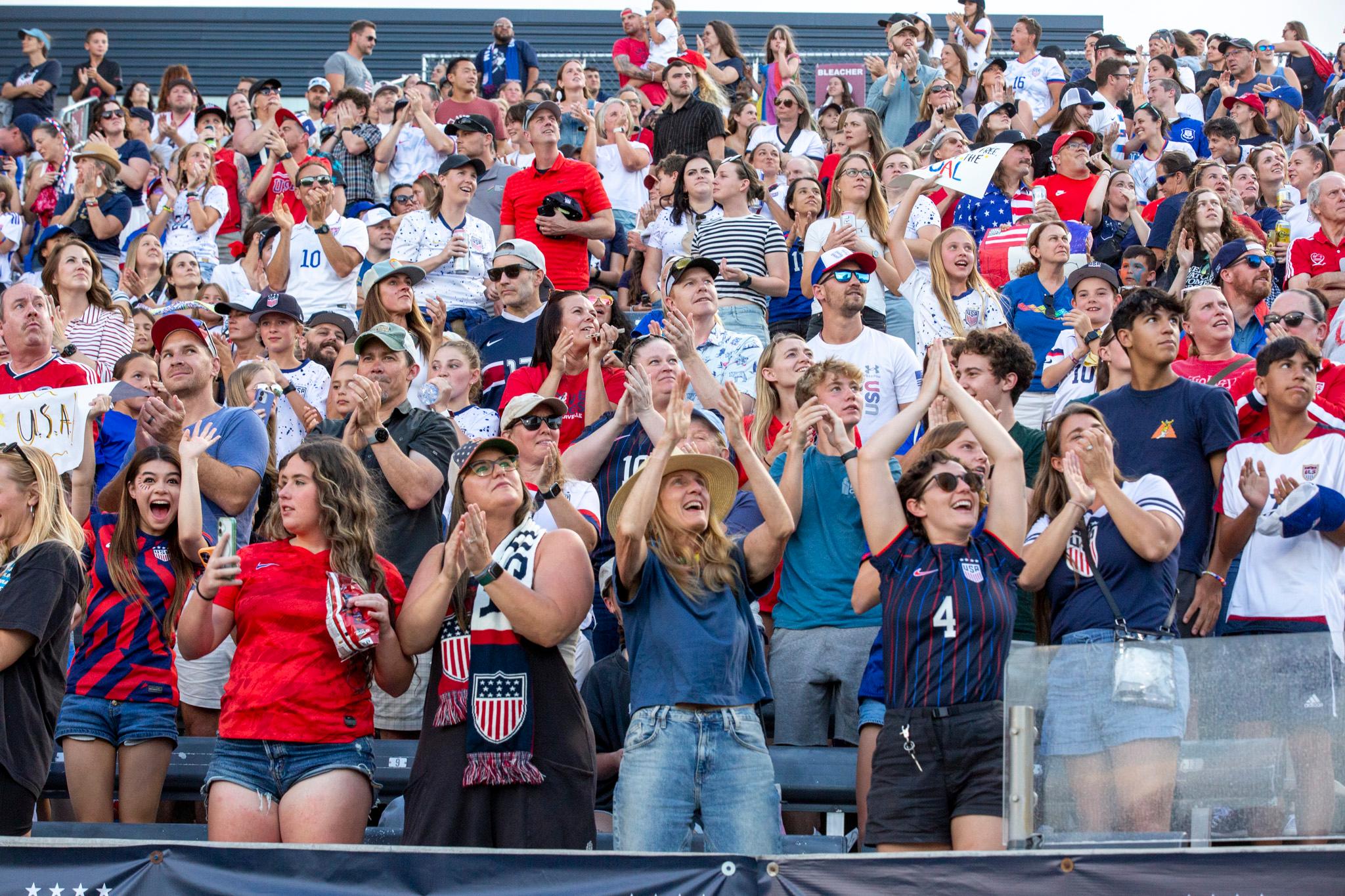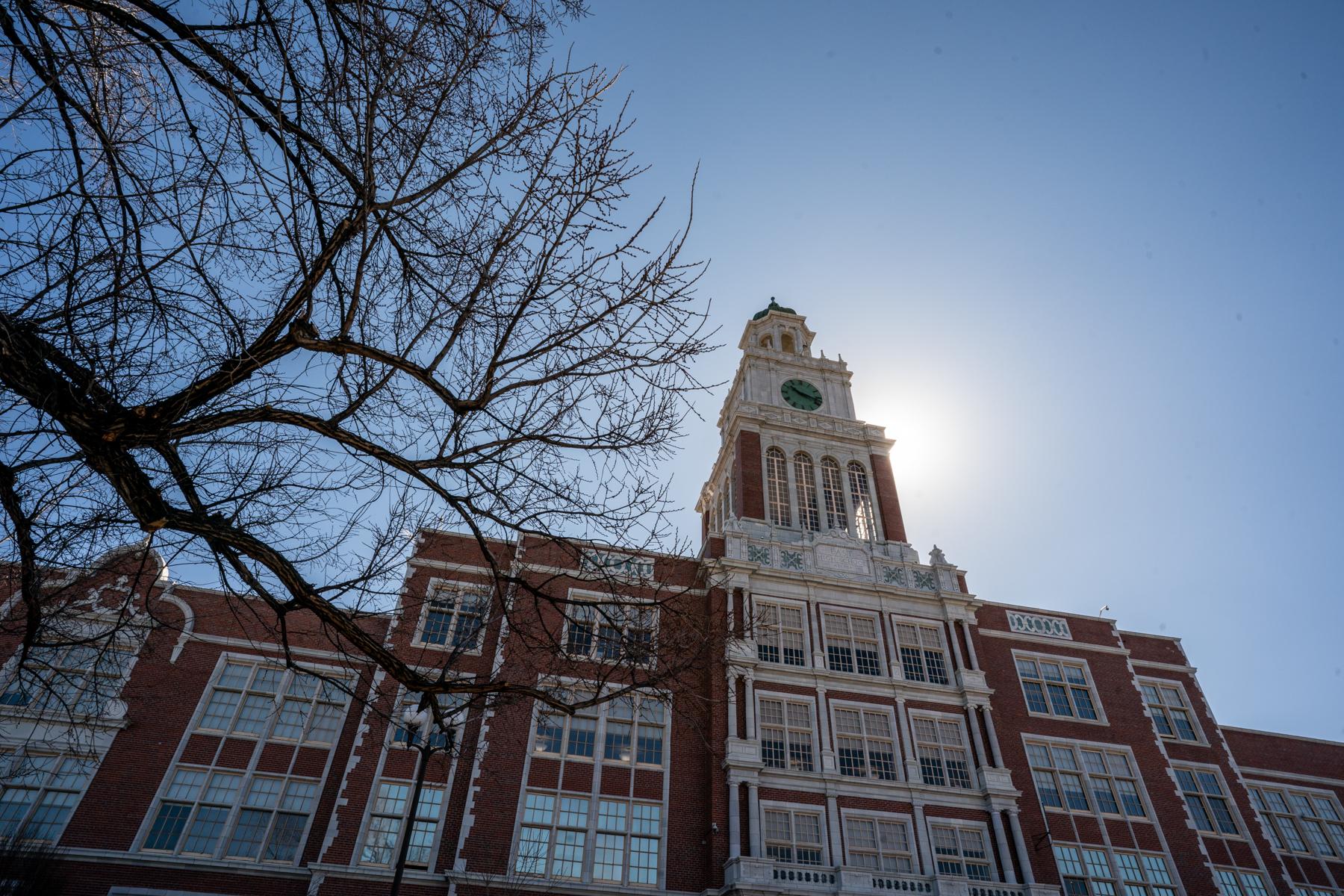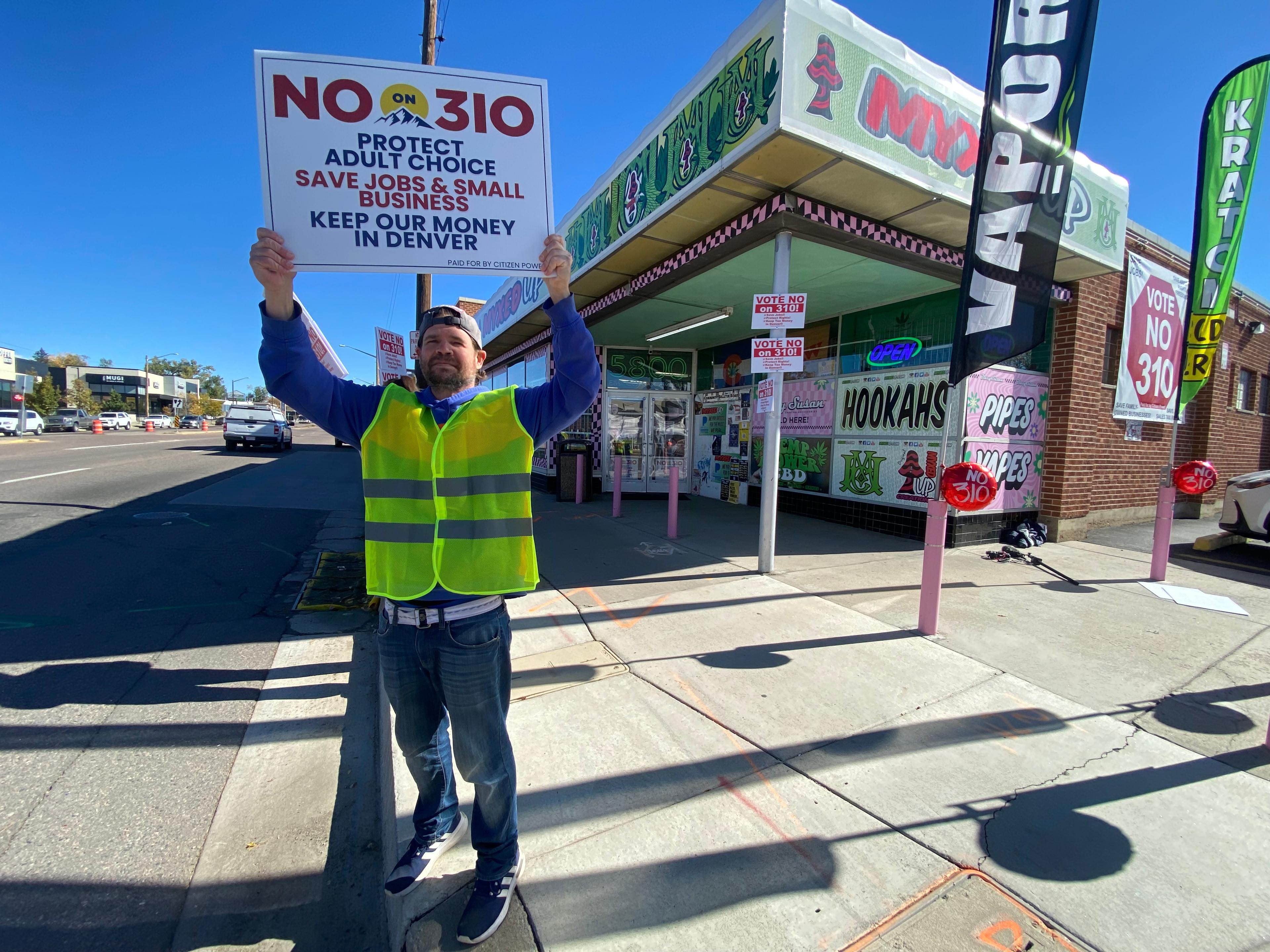On Tuesday morning, Denver Mayor Hancock announced the state was downgrading the city to “Safer Level 3” rules to slow the spread of COVID-19. By 5 p.m. on Wednesday, restaurants and retail must lower their capacity from 50 percent to 25.
We hit the town to see how business owners and managers were reacting. We found that a lot of people hadn’t heard about the changes, and whether they had or not, a lot of folks responded with a sigh. For some, the thought of restricting customers was painful. For others, the rules have long felt behind the times.
Despite visiting a dozen retail shops, we couldn’t get comment from most people working at them. For the most part, owners and managers weren’t in, leaving employees to say they couldn’t speak on the record.
We’d normally omit this fact, but it’s worth noting because it means a lot of smaller shop owners are still able to pay employees. One person working in a market near Washington Park on South Gaylord Street said the shop was still riding a federal PPP loan, making it stretch as long as possible. Two guys working at a video game store in Harvey Park said they don’t get enough foot traffic inside for capacity to really be an issue.
But we did find the general manager of Angelo’s CD’s & More on South Broadway in Overland. Sean Batz rolled his eyes at the new rules.
“I stopped listening to the mayor in March,” he said. “I felt we have been on our own as a business.”
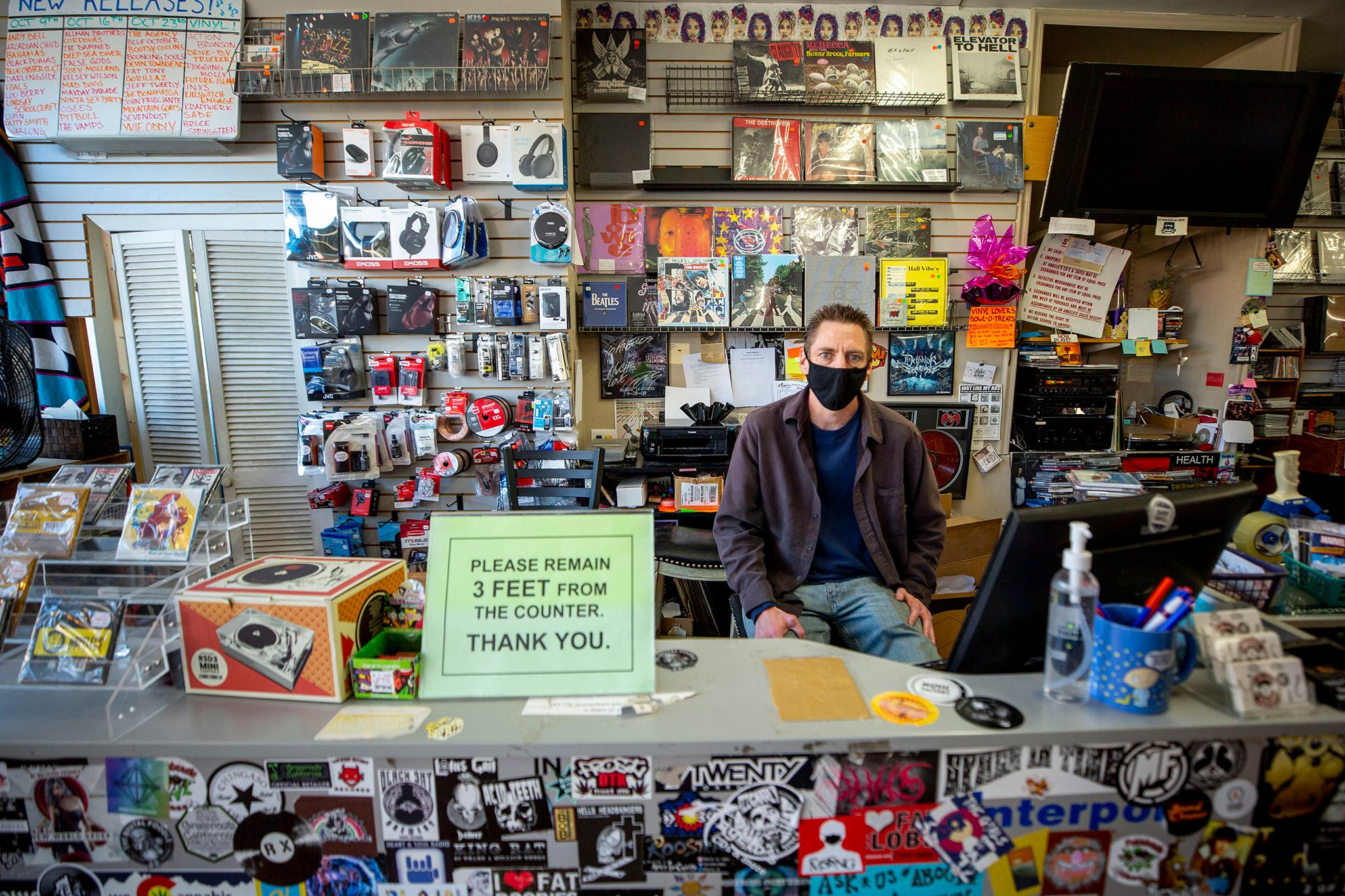
When his shop reopened in May, just after Denver’s stay-at-home orders lifted, he decided he’d only allow ten customers in at a time. He’s not exactly sure what his maximum capacity is, but he’s confident he’s been operating below 25 percent for months. He even lowered his maximum allowance to just five customers for Record Store Day last weekend. His staff monitored a line snaking down the sidewalk outside as customers took their turns. He said he wanted to be sure everyone was safe, regardless of what it meant for business.
These measures haven’t caused any problems, Batz said, because his customers all seem to get it. He’s had to ask a few people to leave when they entered without masks, but he generally feels like everyone has accepted the pandemic’s new normal. He’s prepared to keep his rules in place as long as he feels like it’s necessary, and that means longer than city or state rules might dictate.
“This is going to go on for a long time, and I’m ready,” he said. “I’m dug in.”
What we heard from restaurateurs:
At the beginning of the pandemic, we spoke with African Grill and Bar co-owner Sylvester Osei-Fordwuo. Back in March, he was worried about making rent at his space in Green Valley Ranch and the mortgage at his new location in Lakewood. Osei-Fordwuo is still worried about these things.
The new capacity rules, he said, probably won’t change much for him. People have not been coming to dine in much anyway. He’s mostly been handling takeout and delivery orders, but things have been slow. His message now is the same as it was in the spring: He needs help, and he wants the government to step up.
“If you’re saying we should stay home, then no problem. Just give us money to pay rents and our overheads and then let us sleep,” he said. “I’ll sleep and think about how I’m going to keep up with the money.”
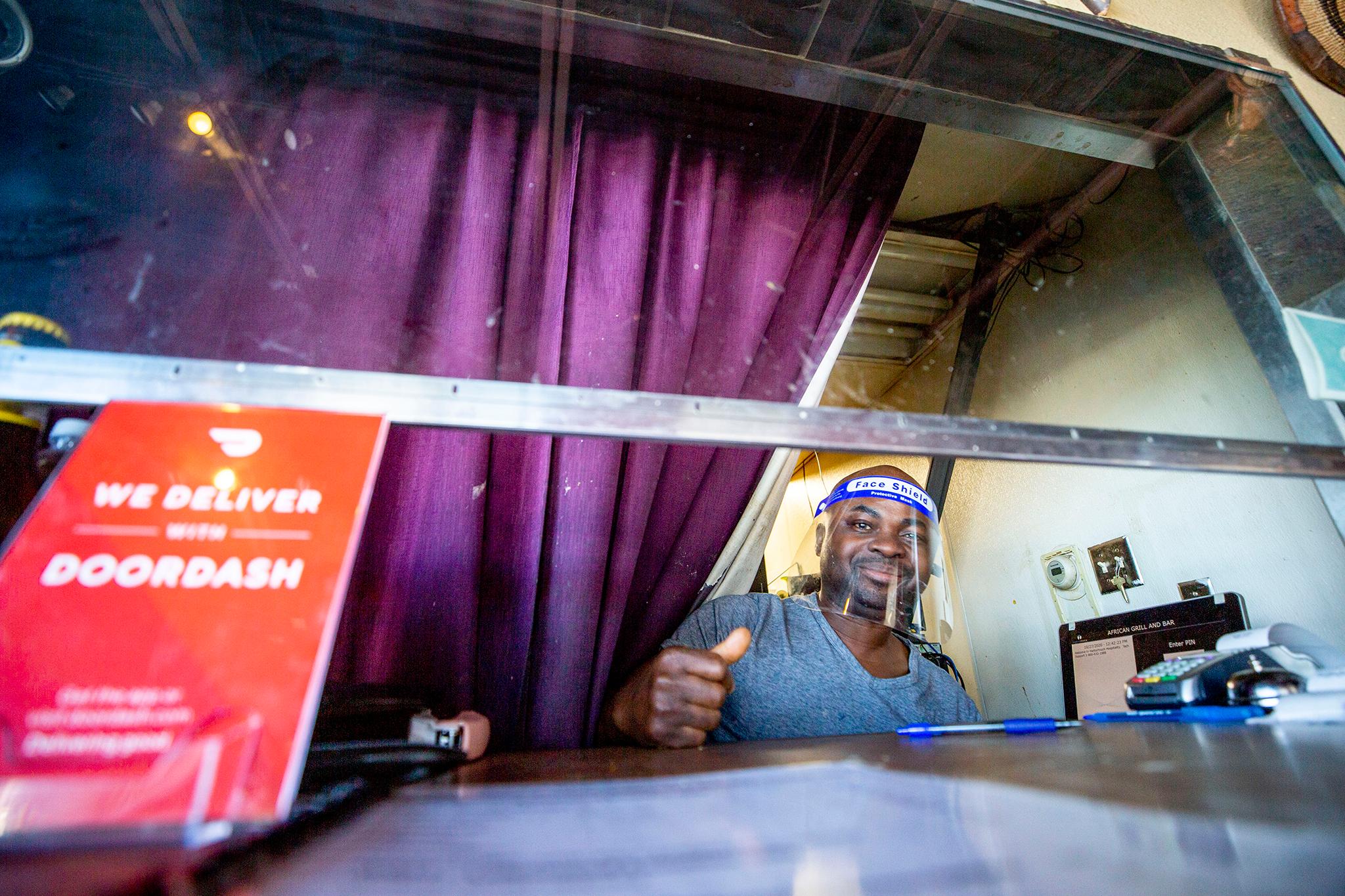
But there are other restaurant owners who have been clinging to their 50 percent capacity.
Lang Nhuyen, owner of Pho 96 Vietnamese Restaurant at Federal Boulevard and Mississippi Avenue, was one. He hadn’t heard about the new rules, and learning about them was cause for some frustration. When things got cold over the weekend, his space filled to 50 percent normal capacity. Half of his revenue lately was due to dine-in customers. While it’s not a good sign that he may have to turn people away, he’s hopeful some will just opt for takeout or delivery.
And while he has expenses to consider, Nhuyen said he’s happy to abide by the rules.
“Health goes first,” he said. “We hope that this goes quickly and everything gets like normal. But a few months – OK. We’re not going to complain about it.”
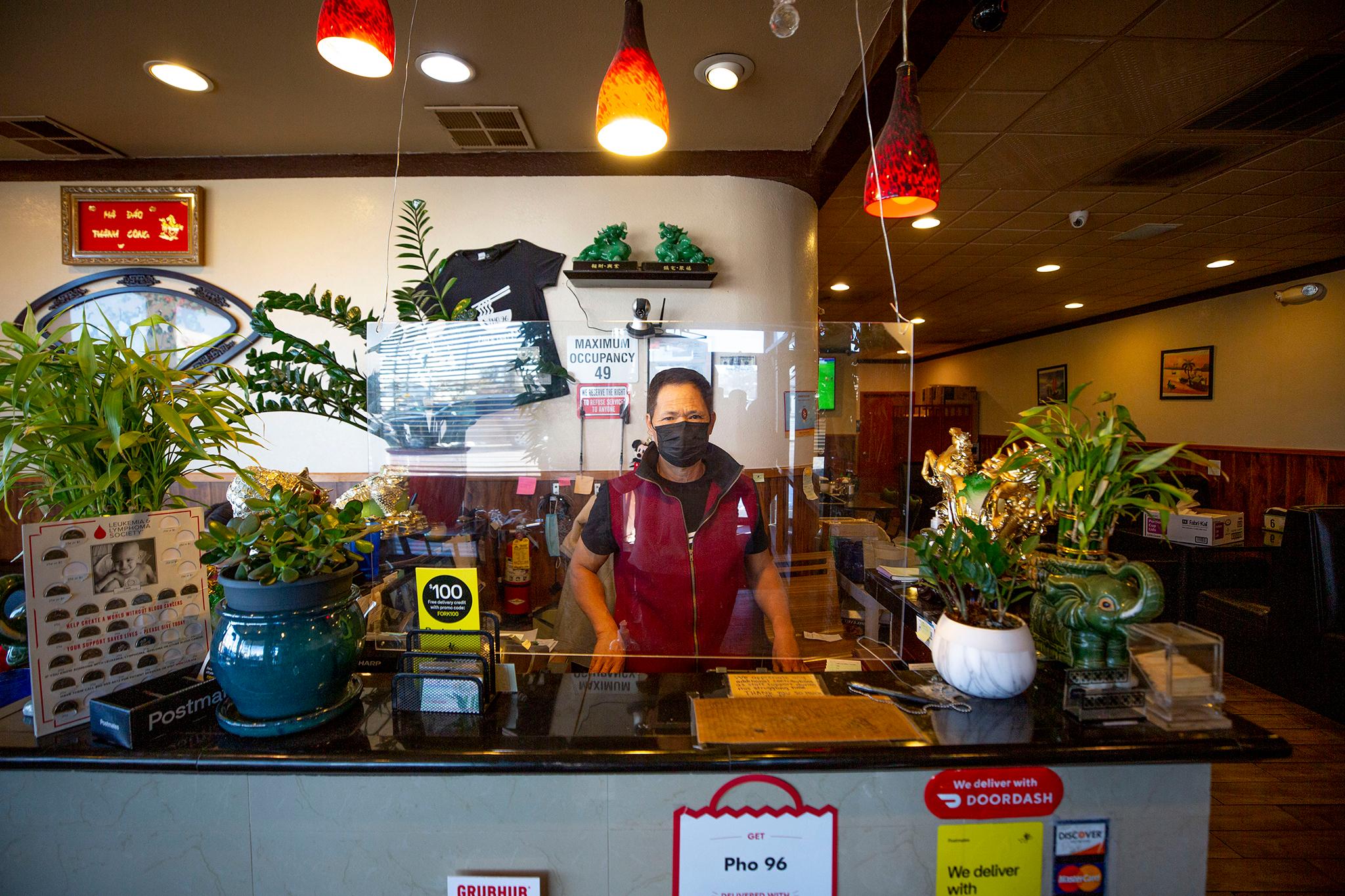
Jim Lambatos owns Jimmy’s Jersey Street Cafe in Montclair. It’s a cozy, dim spot that even feels elegant during a lunch shift. It also has a sizable patio, which Lambatos leaned into heavily until snow started to fall over the weekend. He hadn’t heard about the rule changes until we walked in, and he told us they’d deal a blow to his business.
“Big time,” he told us. “We’ve only got a dining room that seats 48 people. So that’s going to leave us with 13 people at one time.”
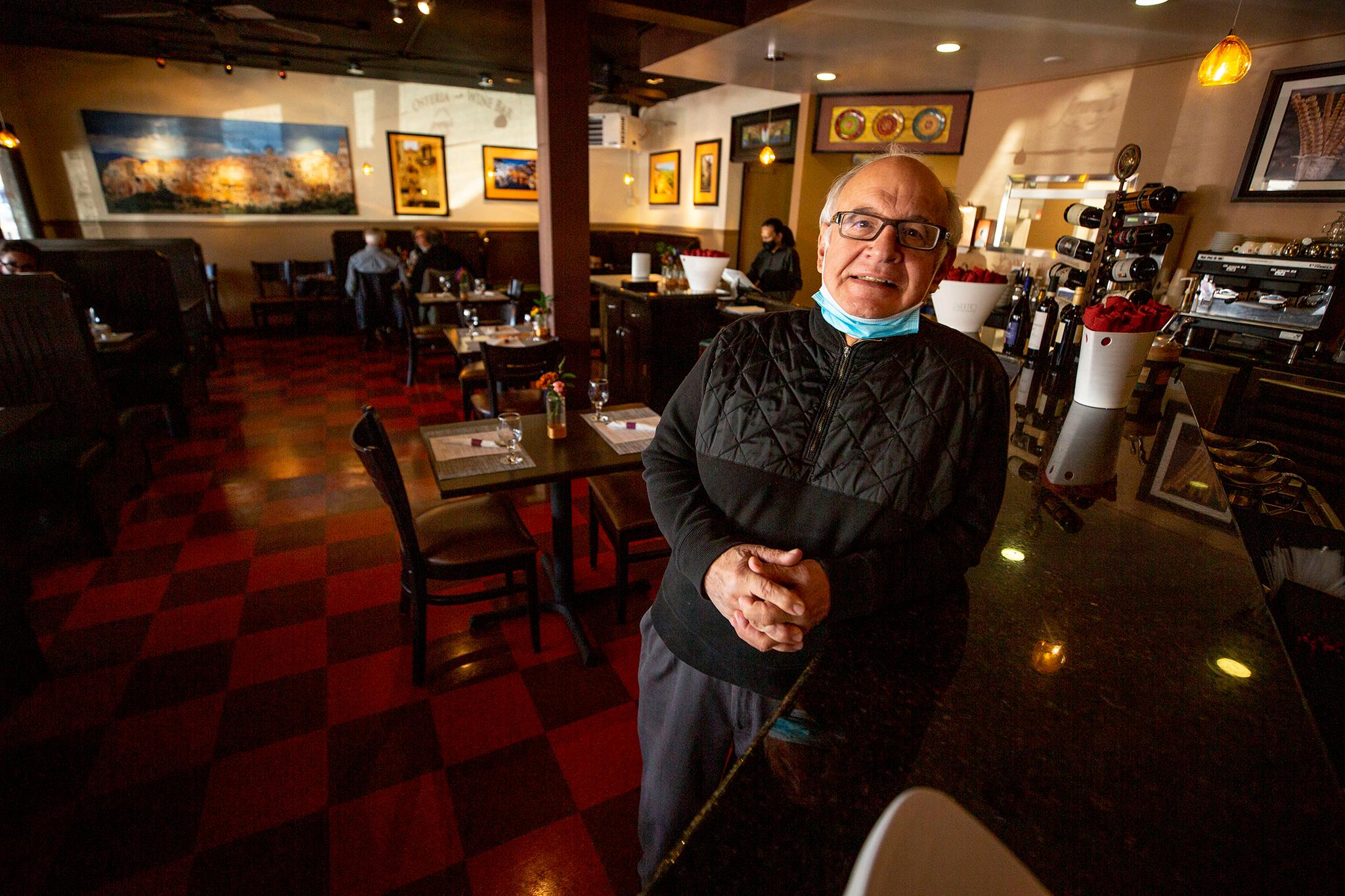
Lambatos has been in the industry for decades. He causally mentioned he once founded a “submarine” joint called Quiznos.
“This is probably the toughest time I’ve ever had in the restaurant business,” he said. Like Osei-Fordwuo, he’d like to see officials pony up. “There’s gonna have to be some more support if you’re going to expect people to adhere to some of the COVID rules that don’t make any sense on the business side.”
While Lambatos does worry about infections in his space, he said he’d rather people be left to take care of themselves and let businesses keep operating.
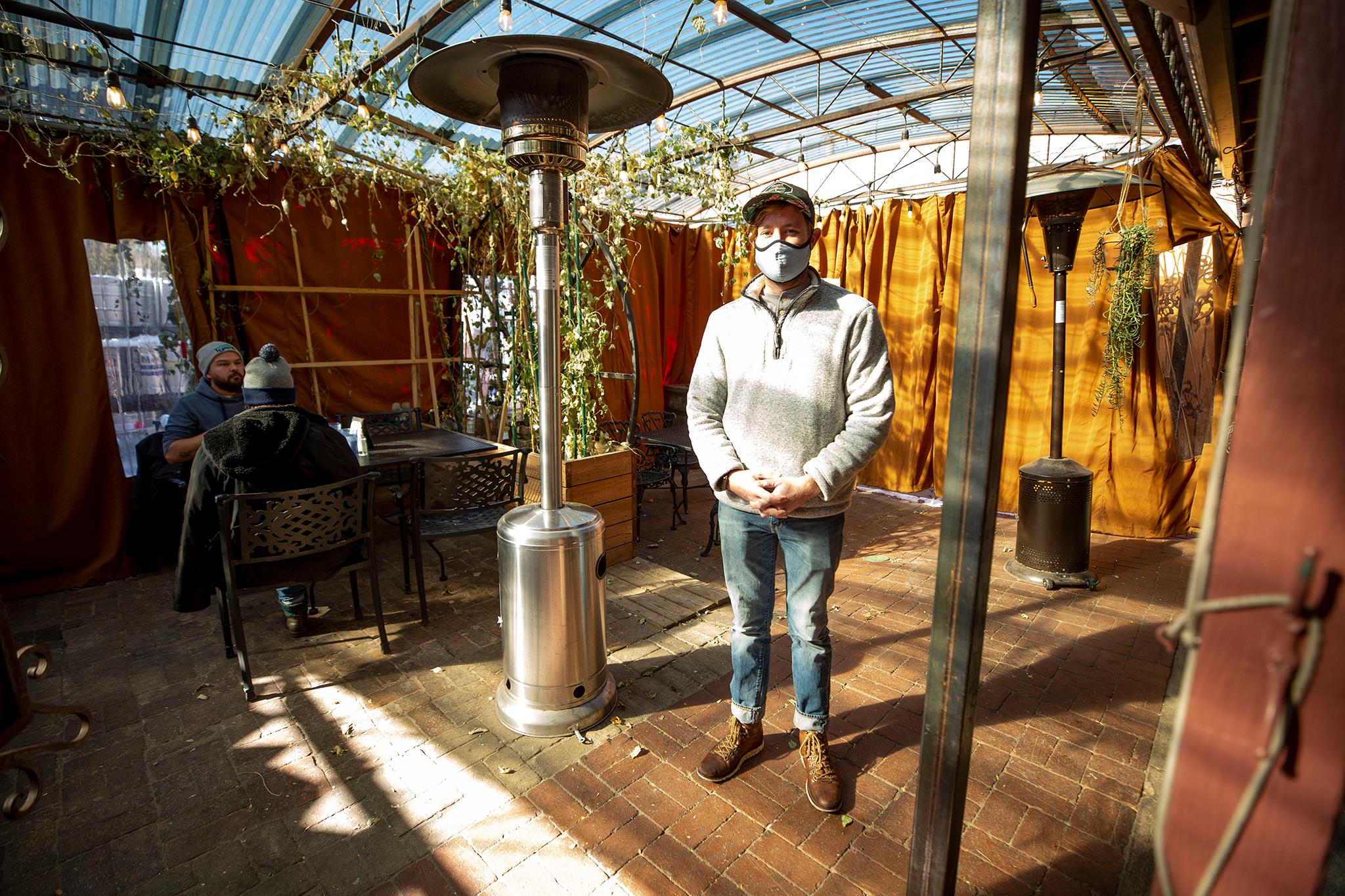
Riley Dorway, general manager of Kaos Pizzeria in Platt Park, said he’s used to “pivoting” at this point. For one thing, the restaurant always needs to change things up as winter sets in and their large patio becomes moot. But they’ve also had to be nimble as the pandemic grew and ebbed and grew again. What he worries about most is his customers’ interest in going out. Even if they’re just picking up a pizza, they have to navigate the liminal space between the door and the counter.
“A large part of the problem is confidence of diners,” he said. “There’s still is just a stress around all if it.”
But, like record shop manager Batz, he said people in Denver are mostly all on the same page. He’s optimistic that customers and business owners will buckle down, change with the times and get past this difficult moment.
“It’s really nice to see people taking it seriously and following the rules,” he said. “If people can continue to respect them, we’ll get get back to normal faster.”

